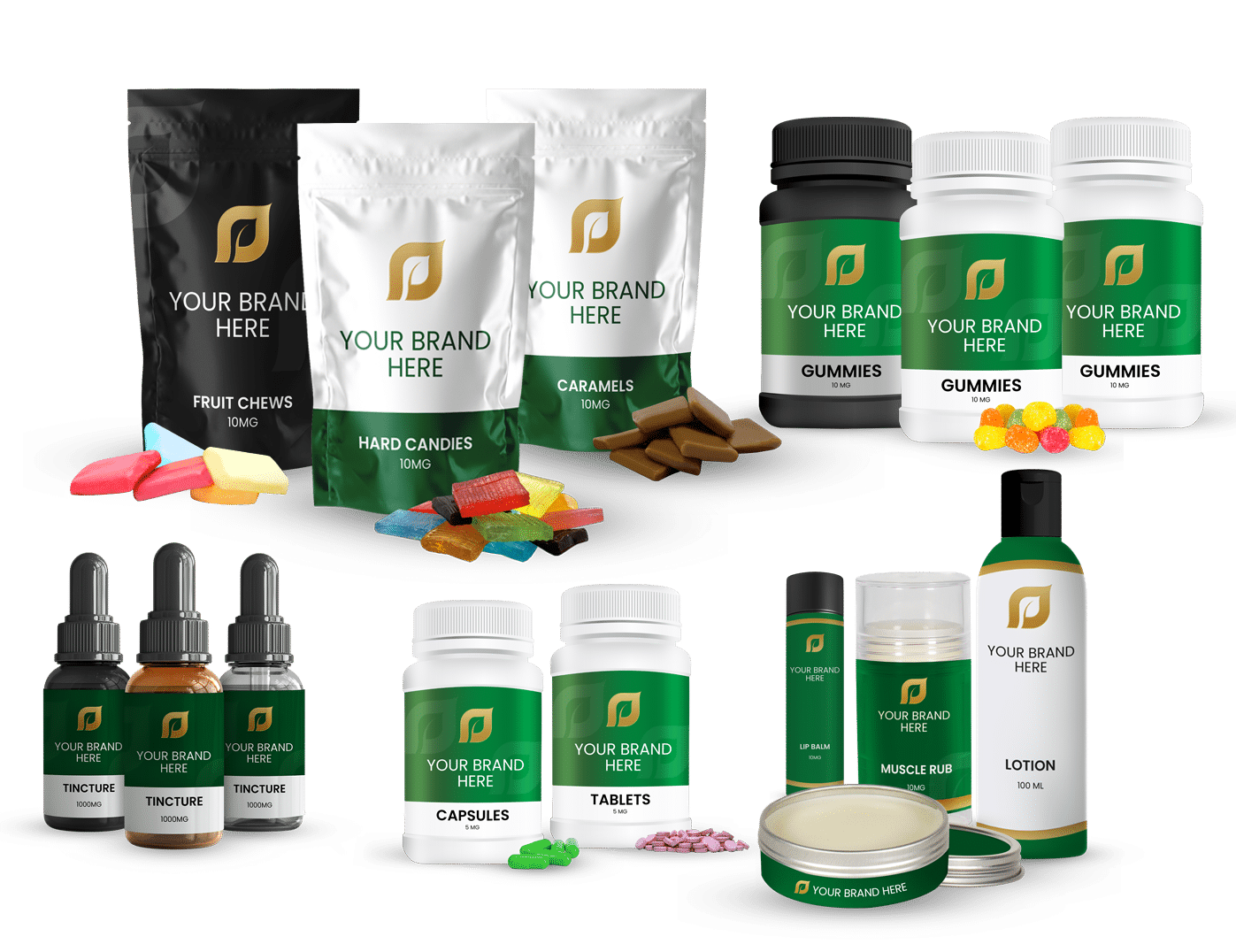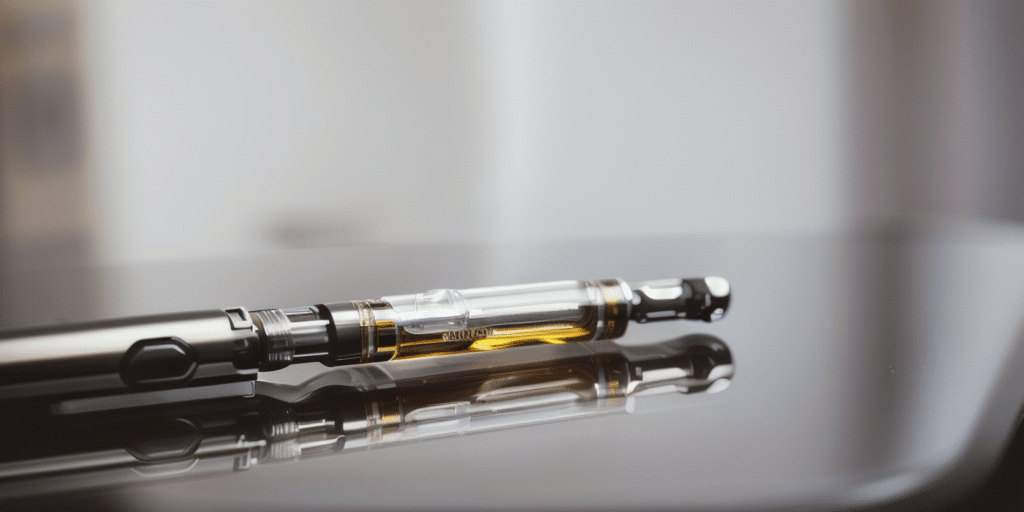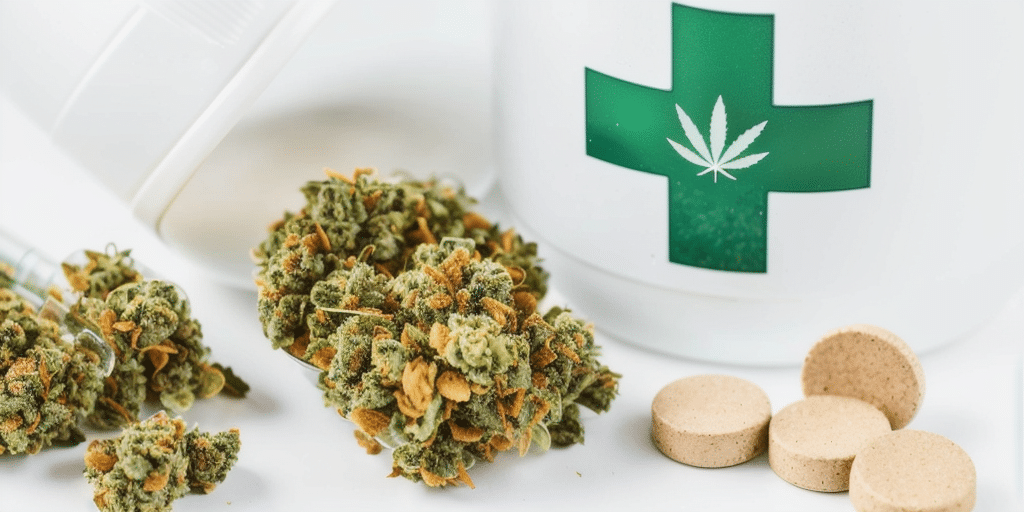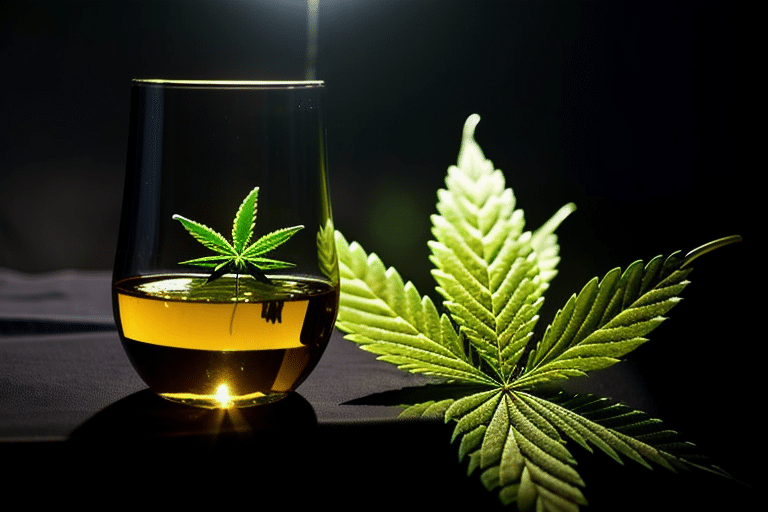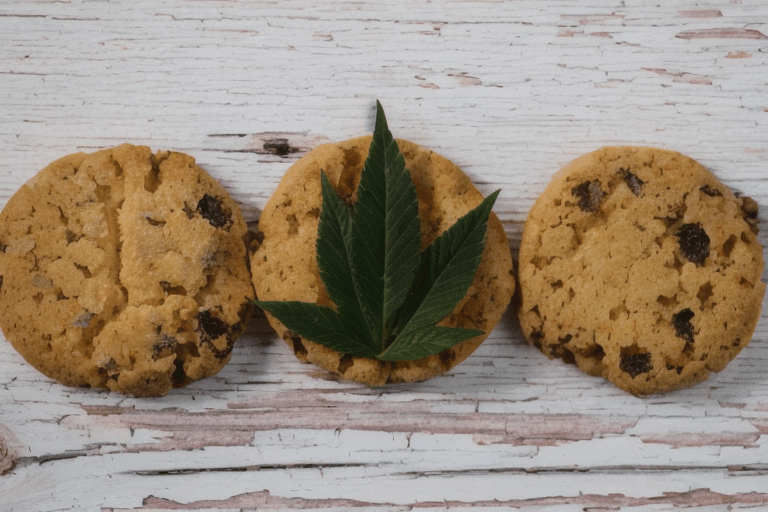Part of manufacturing, selling, and using cannabis products responsibly is understanding the various cannabinoids, other elements, and their effects.
You’ll see two common items listed in terpene and cannabinoid guides: THCVA and THCV. THCV stands for tetrahydrocannabivarin and is an important cannabinoid. THCVA is the same but in its earlier, acidic form.
Table of Contents
ToggleWhat Is THCV?
Tetrahydrocannabivarin is a cannabinoid that occurs naturally in the marijuana plant. Cannabinoids are the compounds that make up the cannabis plant. Some of them have psychotropic effects, including THC. Others, like CBD and its variations, do not. (1)
THCV later becomes THC and then Delta-9 and, thus, does induce a “high” sensation when ingested. What kind of high does THCV produce? To put its effects into context, TCHV is sometimes referred to as “diet weed” or even “weederall” because of its relatively unusual effects.
For many users, THCV gives them a unique high during which they feel calm yet energetic, hence one nickname referencing Adderall. Significantly, many users also report not experiencing the extreme appetite that sometimes happens with regular THC.
For both reasons—the calming energy and lack of hunger—THCV is a popular option for many users. (5)
How Does THCV Work in Your Body?
Our bodies have cannabinoid receptors, which evolved to metabolize cannabis and related substances. THCV attaches to our CB1 endocannabinoid receptors, similar to how THC works.
Significantly, some studies have shown that THCV may require lower doses than THC to induce the same effects by antagonizing CB1 endocannabinoid receptors. However, these seem to be the less desirable effects of the drug, including diminished motor control and cognitive functioning. (3)
There is also evidence that THCV produces a shorter, more intense high than fully mature THC. It’s one of the reasons manufacturers synthesize it for concentrates and vaporizers.
How Is THCVA Different?
THCVA is tetrahydrocannabivarin-acid and is the precursor of TCHV in an acidic form. As it was first isolated in the late 1970s, and scientists haven’t done much research on it yet, we don’t have much to report.
Different chemical reactions as the plant grows cause molecules to change from one type to another. Along the plant’s development, THCVA becomes THCV when the proper chemical reactions occur. The parent molecule of THCVA is CBGVA.
What does THCVA feel like? Again, not a lot of research has been conducted about THCVA, separate from the other compounds present in marijuana and cannabis. (2)
How To Tell if Your Weed Has THCV or THCVA
If you bought your marijuana from a licensed dispensary, they should give or offer you the results of third-party lab testing. Lab testing for cannabis products is crucial because there is no federal oversight of the industry since most are still illegal at the federal level.
There should be a list of cannabinoids and terpenes included with your purchase. Look for it on the label or with the packaging of your product. It may be a simple list with strange letters and a bunch of numbers, or it could look similar to a nutrition label.
The cannabinoid profile lists the types of THC and CBD (primarily) and their amounts. You’ll see the total THC content and then a breakdown of the various subtypes, including THCV and THCVA.
How Much THCV and THCVA Is Normal?
It’s hard to say, as research is still relatively new. In addition, many states don’t mandate THCV and THCVA levels to be listed on the packaging.
Suffice it to say that a small amount (around or under 1%) is expected. Remember that even the most potent flower rarely tests above 30% THC. Only manufactured concentrates that isolate the THC and pack it in will test higher.
Understanding cannabinoid profiles, THC content, and other aspects are crucial to using weed responsibly. If you’re a manufacturer or distributor, be sure your employees know the topic, especially those who have face time with your customers.
Why You Should Use THCV and THCVA
We must stress that research on these elements is still young, and much is to be learned about them. Proceed with caution.
Still, early results are promising that THCV and its parent molecule, THCVA, can help with the following treatments and conditions:
- Appetite-suppressant: may help treat certain disorders and aid in weight loss for medical necessity.
- Diabetes: may help regulate blood sugar with other medications and therapies.
- Anti-convulsant: more research needs to be done about its possible uses for treating seizure and neurological disorders. (4)
Why Cannabinoids Matter
Most users of marijuana have had very different “highs” depending on the time they use it. If you know what we mean, this probably has more to do with the weed than you.
As is evident, different terpenes, and especially cannabinoids, produce varying effects. While each person’s experience with a substance is unique, certain types of molecules in these plants tend to evoke specific responses in users.
This is obviously useful (and potentially fun) information for recreational users, who can cherry-pick what they smoke when they watch a movie versus going to a music festival, for example. But it’s essential for the medical community, which can customize recommendations based on a patient’s unique needs.
Using THCV and THCVA as examples, a licensed expert might suggest that a person struggling with motivation and action try an energizing strain of marijuana high in THCV or THCVA. On the other hand, someone working to maintain a healthy appetite should avoid a high-THCV strain.
Final Thoughts
THCVA and THCV are relatively new to the cannabinoid market. Of course, marijuana experts have known about different plant strains for a long time and have been aware that they produce different feelings and types of highs. After all, knowledge is power.
This fact has become much more public knowledge since states began legalizing the sale of marijuana. Now, there’s a much broader market for designer weed, ensuring we learn more as research is better funded and widely conducted. Scientists and herbal medicinals will likely discover more amazing benefits of THCV and THCVA as further studies occur.
References:
- https://jcannabisresearch.biomedcentral.com/articles/10.1186/s42238-020-0016-7
- https://pubmed.ncbi.nlm.nih.gov/21454026/
- https://www.analyticalcannabis.com/articles/thcv-vs-thc-what-are-the-differences-312956
- https://cbdoilreview.org/cbd-cannabidiol/what-is-thcv-tetrahydrocannabivarin/
- https://www.leafly.com/news/cannabis-101/what-is-thcv-and-what-are-the-benefits-of-this-cannabinoid


